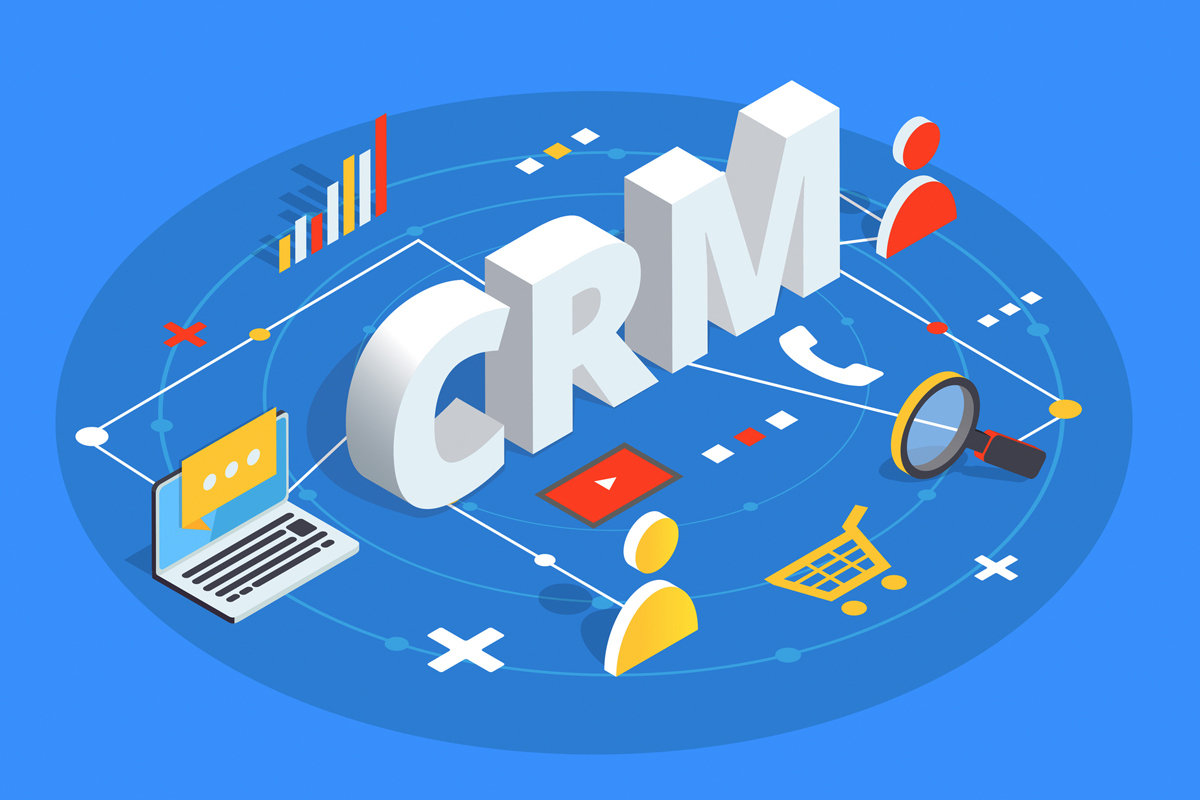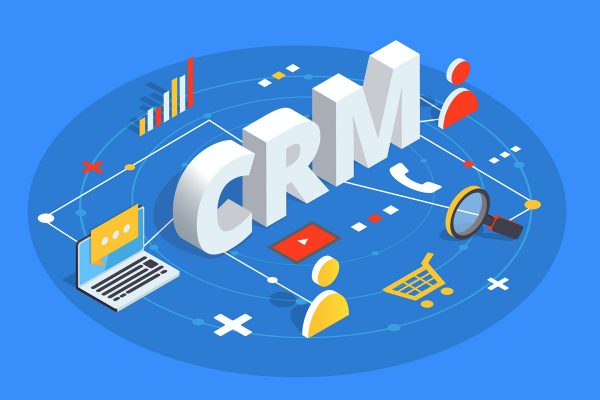Implementation of a Customer Relationship Management (CRM) solution gives your business a tremendous advantage over your competition. Nevertheless, having one doesn’t guarantee you an abrupt return on investment. You must know how to employ the software’s functionality and components to their full capacity, if you want to have a chance at boosting your business revenue.
Read more about Business
- Technology Updates
When technology becomes outdated and archaic, and out of line with business, it leads to poor user adoption or users working outside CRM. Cloud-based CRM solutions offer the ability to be updated with ease and ensure your technology doesn’t become obsolete. An example is Microsoft Dynamics 365. Microsoft rolls out two major updates a year, alongside incremental updates to ensure the technology is kept up to date.
- Use Automation As An Easy Headstart
There are several functionalities available, which allows you to automate your internal business processes. Repetitious administrative duties are often time-consuming and create room for human error. It is, therefore, profitable to automate business operations to improve efficiency, save time and ensure accuracy. Examples of where automation can be used include:
- Invoice processing
- Employee on-boarding
- Social media management
- Expense tracking
Determining where to start with automation can feel burdensome, but starting with those small tasks that take time regularly get you off on the right foot.
- Customizations
Many CRM solutions, specifically custom-made options, can be fully customized. Every business is different, therefore, there’s hardly any real one-size-fits-all approach, even if you’re in the same industry, how you operate will be distinct. A bespoke or customizable CRM enables you to work the way you want to, suiting around your procedures and therefore, improving user adoption. It also ensures there will be no irrelevant functionality that could prove a detriment to the way you operate. Scaling up your CRM is also crucial if you wish to grow or develop, and your requirements may change over time. A scalable solution will harmonize alongside your evolving needs and add elementary features, or functionality can be added with ease.
Sign up to the Connect Nigeria daily newsletter
- Simplify Your Data
With a CRM solution, you can harmonise important business data. However, you must put in the work too. Firstly, you should homogenize your techniques for imputing data. Minimum fields required could be first name, last name, address, email and phone number. Be thorough over counting digits in phone numbers and the use of ‘.com’ or ‘.co.ng’ in email addresses. Executing a data cleanse as part of your regular practice also enables you to avoid working with old data that’s no longer usable.
- Reporting And Analytics
CRM solution can help your business in measuring its failures and successes. A good CRM includes dashboards that furnish you with the capacity to dig deeper into your data to obtain useful insights. Employing your data to its full potential can indicate a clear customer journey, reflect a change in a lead or suggest insight into customer retention strategies. Further, some reporting tools can also generate ‘what if’ strategies to help you to make more informed business decisions.
Featured image source: Kerojet Services
Got a suggestion? Contact us: [email protected]


